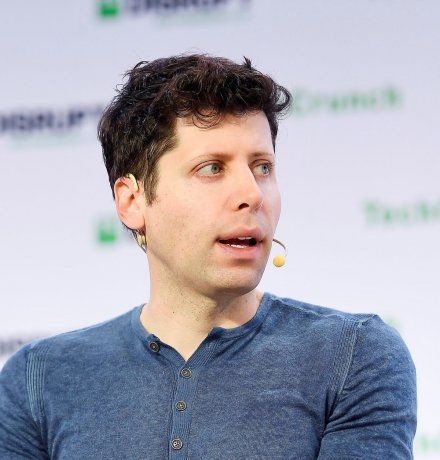Fortune magazine did a list of the 100 most powerful people in the world. For this, he used a comprehensive methodologywhere he analyzes different factors such as innovation, influence, career path, size and health of the business, and its social impact. Thus, he combined them to decide its members.
The non-economic focus goes beyond metricsand enables the identification of transformational leaders of industries, or who were able to revitalize a company from a crisis. The creation of new technology also became important.
In this way, the ranking includes leaders from more than 40 industriesfrom startup founders to executives who revitalized traditional corporations. Besides, The age range ranges from 30 to 90 years old.reflecting the diversity of impact in the business framework.
Nevertheless, deliberately excludes political profiles, regulators and billionaires who no longer have influence and they simply live off the businesses that they were.
The criteria seek to ensure that those on the list possess a substantial level of authority and influenceboth socially and in their organizations. On the other hand, those whose leadership capacity is not limited by higher figures in the business hierarchy.
sam altman.jpg
Wikipedia.
The ranking is headed by Elon Muskwho is recognized for having a key capacity for creation of new industriesin addition to its social impact today. He is one of the people whose words and opinions carry important weight.
The second place is for Jensen Huangof NVIDIAstands out for leadership in a company considered essential for the planet’s technological innovation plan.
In the top positions, on the other hand, are Satya Nadella and Mary Barrawhose ability to recover large companies with possibilities of stagnation stands out, something that shows the business redefinition through strong leadership.
It also appears Sam Altmanas creator of disruptive technologieswhose potential forces the industry as a whole to quickly adapt to its innovations. This example, for the magazine, demonstrates that power also lies in deeply influencing the decisions and strategies of key economic sectors.
1 — Elon Musk (CEO and founder, Tesla, SpaceX, X)
2 — Jensen Huang (CEO and founder, Nvidia)
3 — Satya Nadella (CEO and Chairman, Microsoft)
4 — Warren Buffett (CEO and Chairman, Berkshire Hathaway)
5 — Jamie Dimon (CEO and Chairman, JPMorgan Chase)
6 — Tim Cook (CEO, Apple)
7 — Mark Zuckerberg (CEO, Chairman, and Founder, Meta)
8 — Sam Altman (CEO and co-founder, OpenAI)
9 — Mary Barra (CEO and Chairman, General Motors)
10 — Sundar Pichai (CEO, Alphabet (Google))
11 — Jeff Bezos (Chairman and founder, Amazon)
12 — Mukesh Ambani (Chairman and Managing Director, Reliance Industries)
13 — Brian Moynihan (CEO and Chairman, Bank of America)
14 — Ren Zhengfei (CEO and founder, Huawei Technologies)
15 — Jane Fraser (CEO, Citigroup)
Source: Ambito
I am an author and journalist who has worked in the entertainment industry for over a decade. I currently work as a news editor at a major news website, and my focus is on covering the latest trends in entertainment. I also write occasional pieces for other outlets, and have authored two books about the entertainment industry.




